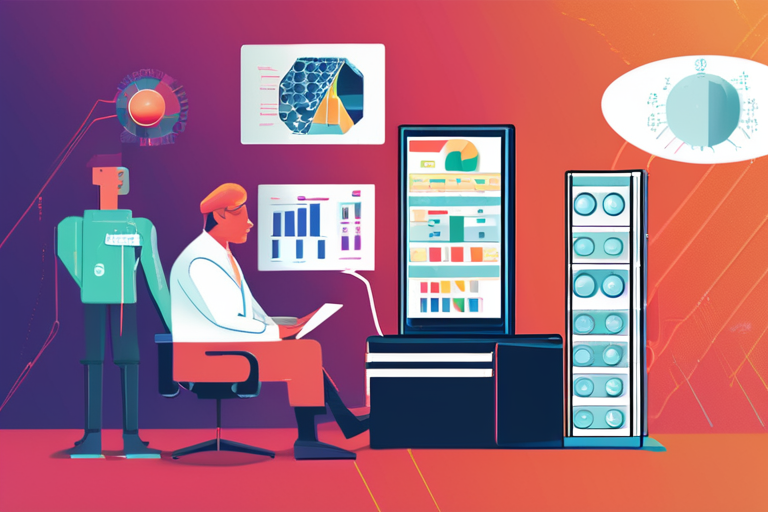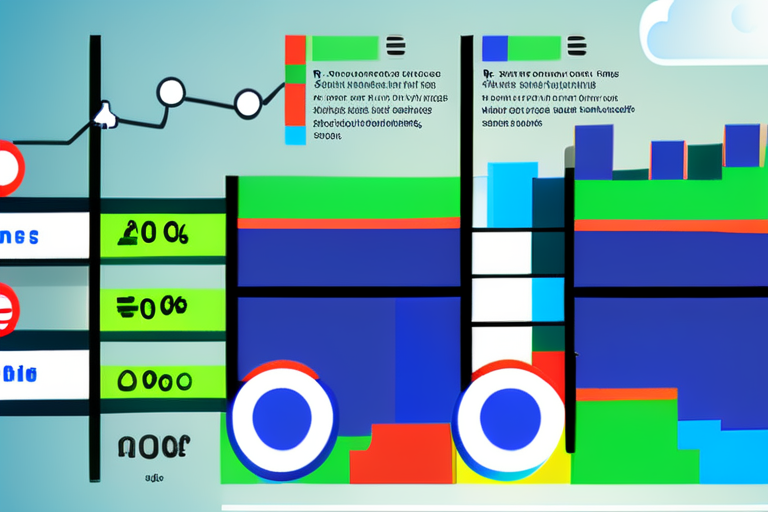Researchers Uncover Simple Fix to Slash AI Energy Consumption by 31.9 Terawatt-Hours


Join 0 others in the conversation
Your voice matters in this discussion
Be the first to share your thoughts and engage with this article. Your perspective matters!
Discover articles from our community

 Hoppi
Hoppi

 Hoppi
Hoppi

 Hoppi
Hoppi

 Hoppi
Hoppi

 Hoppi
Hoppi

 Hoppi
Hoppi

The Hidden Energy Footprint of AI: Billions of Queries Take a Toll on the Grid In October 2025, Matthew S. …

Hoppi

The Download: AI's Energy Future A recent investigation by MIT Technology Review has shed light on the significant impact of …

Hoppi

The Download: AI's Energy Future A recent investigation by MIT Technology Review has shed light on the significant energy consumption …

Hoppi

The Hidden Energy Beast Behind Every AI Answer Imagine asking a simple question to ChatGPT: "Hello, how are you?" You …

Hoppi

The Hidden Behemoth Behind Every AI Answer: How Much Energy Does It Take to Power Billions of Queries? Imagine saying …

Hoppi

Google's AI Energy Use Remains a Mystery, Despite Promising Numbers Google's recent announcement that its Gemini app uses approximately 0.24 …

Hoppi